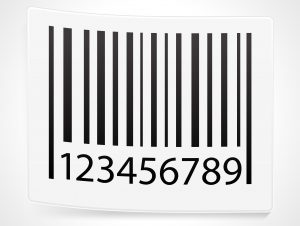
When it’s a micro-market!
At first glance, an Orange County consumer might see a micro-market and think it is just a decorated space with vending machines, but that is not the case. A micro-market is a cafe-style break room that offers a wide variety of healthy fresh foods as well as snacks and beverages. Not only is it a place to grab a bite to eat, but it is also a relaxing environment to catch up with colleagues during the workday. The micro-market experience is not the only thing that separates a micro-market from a vending machine. How the micro-market is run behind the scenes is a key differentiator.
Since the vending industry’s inception, vending operators have developed multiple best practices that are used to help drive success including inventory placement, tracking, and analysis. Successful micro-markets have caused operators to realize that what it takes to create a successful micro-market is quite different from a successful vending situation. Two important areas to consider are product placement and the size of the SKU (Stock Keeping Unit) count.
Product Placement
Location, location, location isn’t only a phrase used in real estate. It also influences how an Orange County consumer sees products in a vending machine and how that same consumer makes a decision about which product to purchase. To cause an individual to look at all of the products in the vending machine, snacks are placed in strategic spots by color. Items in micro-markets, on the other hand, should be placed in a way that is similar to a convenience store—top sellers placed high and low, and promotional products placed at eye level. Grouping like items, such as healthy snacks, together is also recommended so consumers know where to find them.

SKU Counts
Generically, a SKU is a unique number assigned to a product that identifies the price, product options, and manufacturer. SKUs help a retailer track inventory, perform stock-takes, identify shrinkage, replenish inventory, and identify profits. Vending operators traditionally kept small SKU counts and worked toward eliminating unnecessary SKUs. Micro-markets, on the other hand, require larger SKU counts to be able to offer Orange County consumers different choices in flavor, size, texture, type, etc. Micro-market operators, for example, have been able to determine that fresh food is in demand by tracking SKU counts. Results from a recent survey support those observations as more than 25% of micro-market sales are from fresh food.
Both the behind the scenes’ activities and the consumer’s’ experience with a micro-market are very different when compared to the same activities and experiences with a vending machine. The micro-market experience is about more than what is placed where; it’s the ultimate employee perk. The micro-market is a unique break room created for your employees to enjoy a healthy snack or freshly prepared meal any time of day. Addressing food preferences, diet restrictions, and requested food selections are just a few of the ways that First Class Vending tailors the micro-market to your organization’s needs.
For more information about the benefits of a micro-market or how to transform your Orange County office break room into the ultimate break room, call us at 800-515-8363.